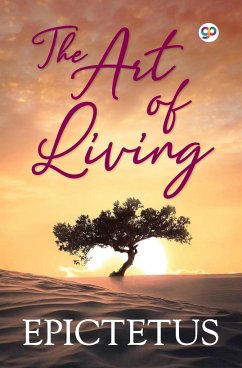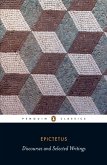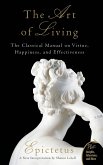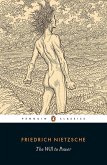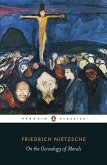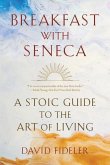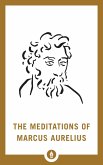'The Art of Living' is an ancient text offers ninety-three witty and wise instructions to meet the challenges of everyday life successfully. It is written by Epictetus, a Greek Stoic philosopher and one of the greatest of the ancient thinkers. Epictetus was born into slavery about 55 CE in the eastern outreaches of the Roman Empire. Once freed, he founded an influential school of Stoic philosophy, stressing that human beings cannot control life, only their reactions to it. Epictetus believed that the primary mission of philosophy is to help ordinary people meet the challenges of daily life and deal with losses, disappointments, and grief. His remedy for the good life includes, mastering desires, performing one's duties, and learning to think clearly about oneself and the larger community. In this accessible interpretation by Sharon Lebell, contemporary listeners will find useful advice from this book.
Hinweis: Dieser Artikel kann nur an eine deutsche Lieferadresse ausgeliefert werden.
Hinweis: Dieser Artikel kann nur an eine deutsche Lieferadresse ausgeliefert werden.

